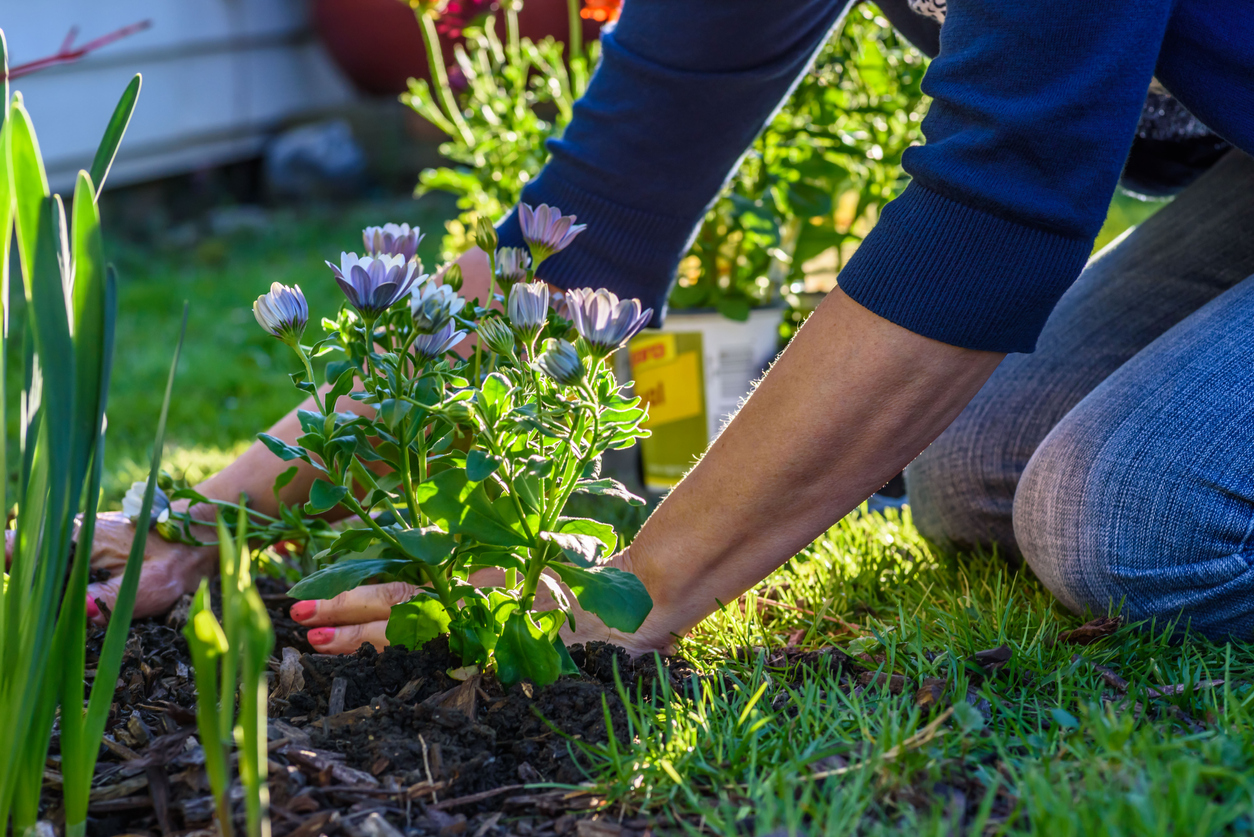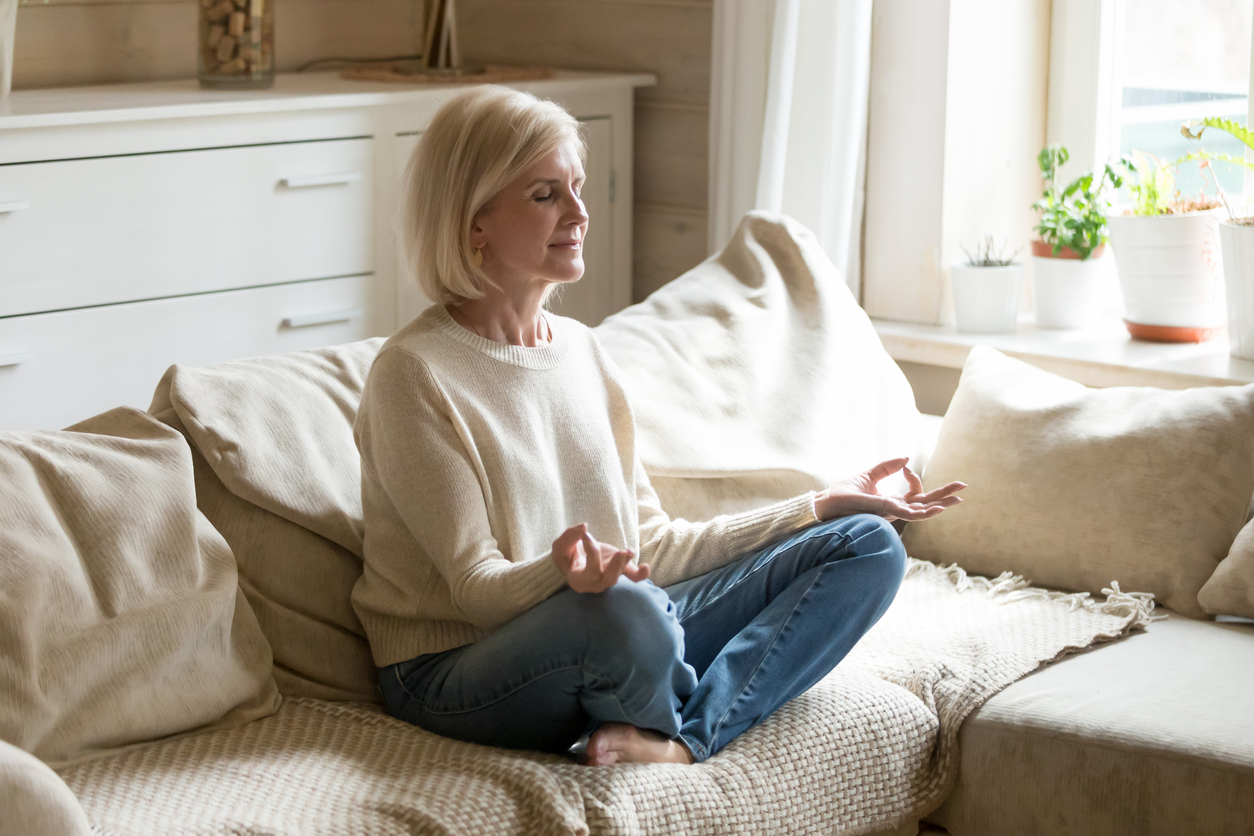We’re living through truly unprecedented times right now, and whilst some of the population have been self-isolating for a while already, following the recent news of a full UK-wide lockdown, we’ve all been advised that anyone who isn’t a key worker, should stay indoors. If you’re living with someone you’re in a difficult relationship with, your home life is likely to be particularly challenging at this time.

At the time of writing, we have all been advised to only leave the house when absolutely necessary for exercise, to pick up medication or for grocery shopping, though we’d urge you to keep up to date with the latest daily PM briefings as guidance is rapidly changing.
Many people have changed working patterns to allow them to work from home, others have been furloughed or made redundant, whilst those who don’t go out to work and take care of children or care for family members in the home, all find themselves in the somewhat alien situation of spending more time than ever at home.
For those living alone self-isolation can be particularly difficult as this can exacerbate loneliness, but what about those who live with people that they no longer get on with, and those who are in relationships or marriages that were rocky or difficult to begin with?
Spending more time at home means even the strongest of relationships may feel the strain. The lack of personal space and changes in routines together with worries about health and finances means tempers may become frayed and in a tense climate, tension at home can be amplified.
1. Get Some Fresh Air
At the time of writing, the UK government have made it clear that during the COVID-19 pandemic, going out once a day for exercise is acceptable, as long as you practice social distancing. For those with dogs to walk or those who run, this has provided some relief and has allowed them to feel some sense of normality, but if you don’t typically leave the house to exercise, now is a great time to start a new habit.
If like many, you remain worried because you or a family member is in an at-risk category, then go early in the morning or later in the evening. Exercise is extremely good at helping to relieve tension and being outdoors can have a dramatic impact on your wellbeing, so when you get back home you should feel a little less stressed.
2. Practice Self Care
Whenever we have a lot to deal with or are going through a tough time, self-care is extremely important. At times like this, we are likely to be emotionally and practically supporting other family members and friends and may find ourselves with a mountain of stress on our shoulders.
Taking time out to do something for you is important, whether it’s an hour alone to read a book, a nice relaxing bath or time alone to follow a yoga workout on YouTube.

3. Spend Time in the Garden
If you have a garden, now is a good time to make the most of it! Being inside the house can feel claustrophobic day after day so no matter how small your outside space, make good use of it. Make yourself a cuppa and sit outside listening to the birds, focusing on what you see around you or read a book in the sunshine.
Mowing the lawn, weeding the borders and doing other gardening jobs have the added benefit of being active, so you’ll get some exercise, with the added benefit of giving you time outside of the home, but still in a safe space.
4. Take Time Out to Breathe
Even if meditation isn’t something you ‘do’, borrowing some meditation techniques can really help, especially if you feel you’re in a crisis. If you feel an argument building, or you’re feeling irritated or anxious, recognise how you’re feeling and do something to rebalance.
Try to go to a different room, somewhere quiet even if it’s the bathroom or the garden. Close your eyes and take several deep and slow inhalations. As you breathe out try to feel or at least imagine, some of the tension dropping from your head down through your body to dissipate the negative energy.
YouTube is a brilliant source to turn to and there are thousands of guided meditations on there. It might take a little while to find one that you like or that works for you, but it’s worth it. The healing power of the breath can help in moments of crisis, as long as you let it.

5. Keep Lines of Communication Open & De-escalate
Spending long stretches of time with someone who’s difficult or with someone you simply don’t want to be with is hard. It’s crucial that for the sake of your wellbeing that you both discuss how you’re feeling as honestly as possible.
If you know you’re feeling anxious and, as a result, are likely to be more tetchy than usual, communicate this to your partner. If you do snap or know you’re behaving in an unreasonable way, make a concerted effort to apologise and to keep any negative outbursts to a minimum.
Arguing can lead to ever greater tension in the home, so if you can de-escalate and avoid confrontation, do so.
No one should need to modify their behaviour to accommodate someone else (unless of course, that behaviour is unreasonable), but for the sake of harmony, if you can avoid anything that triggers or antagonises your partner then doing so may help to temporarily ease conflict.
Help is at hand
Remember that self-isolation will be relatively short-term and although it may be difficult, there is help out there. From mental health charities and advice on domestic abuse, to legal advice should you be considering separation.
For the duration of this “lockdown” period our specialist family law solicitors will offer unlimited free advice and support by telephone or videocall to anyone who feels vulnerable, anxious or uncertain about isolation at home with a challenging partner.
We are open and available to help individuals facing relationship issues at this difficult time… so if you or someone that you know requires our support and advice then please get in touch with us and arrange a free telephone or videoconference call today.
